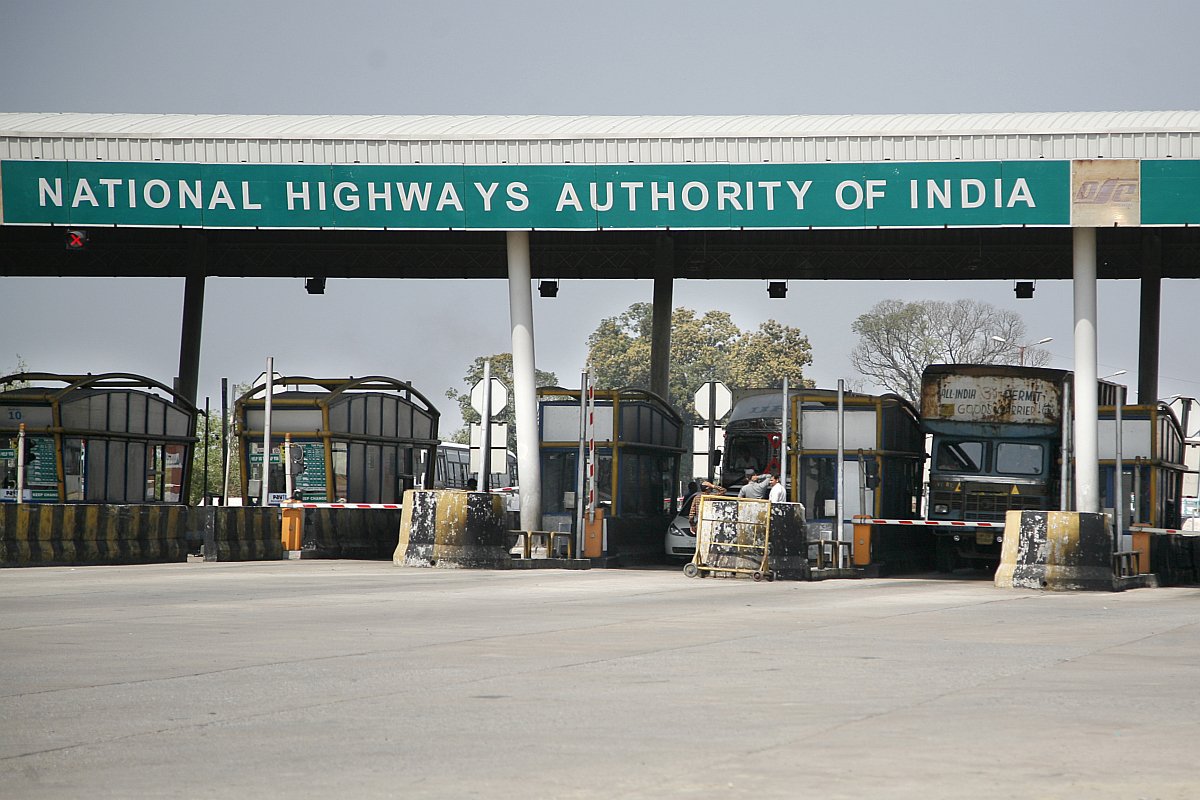
Since Union Minister for Road Transport and Highways, Nitin Gadkari, announced the government’s intention to implement a Global Positioning System (GPS) based toll collection system across India, the new technology has garnered significant attention. This initiative aims to eliminate all toll plazas or collection booths and transition to GPS-based toll collection. This decision follows the mandatory adoption of FASTag across India for all four-wheeled vehicles, facilitating automatic toll deduction through Radio Frequency Identification (RFID) technology.
Under the FASTag system, vehicles are equipped with a chip-based sticker placed on the windshield. As vehicles pass through toll gates, a scanner reads the FASTag sticker and automatically deducts the corresponding toll amount. This method has substantially reduced waiting times at toll plazas compared to traditional cash or card payments, resulting in improved travel times, transparency, and reduced congestion.
)
The government now plans to introduce an updated GPS-based toll collection system, akin to the FASTag regime, requiring all vehicles to be equipped with GPS devices. This system will utilize microcontrollers with 3G and GPS connectivity to track vehicles’ routes, recording the number of toll roads and gates they traverse. Based on this data, toll charges will be levied on vehicle owners.
While FASTag employs RFID technology for seamless toll deduction, akin to a digital wallet, the GPS-based system operates differently. It continuously tracks vehicles throughout their journeys, raising privacy concerns as it enables constant vehicle monitoring. Nonetheless, it will collect toll charges based on GPS data, ensuring efficient toll collection.






